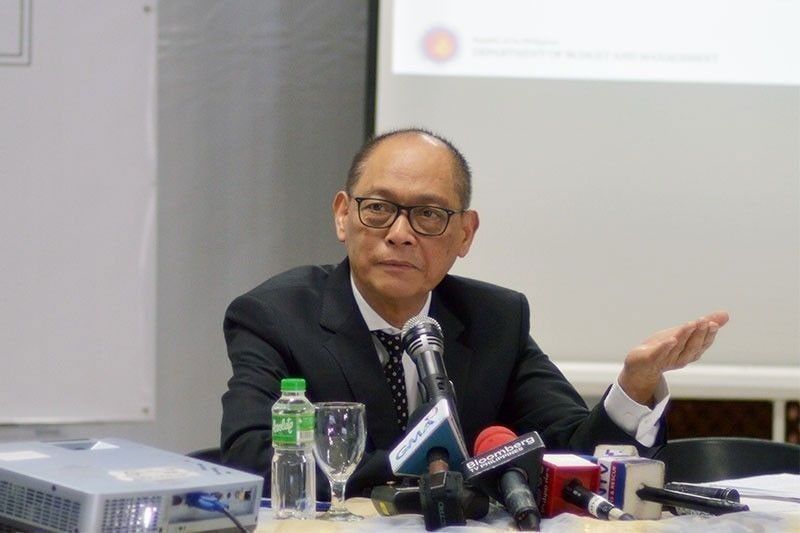Inflation to settle above 2 to 4% in H2

MANILA, Philippines — Inflation is likely to remain elevated and settle above the government’s two to four percent target band in the second half due to higher global oil and non-oil prices before easing in the first quarter of next year, Bangko Sentral ng Pilipinas Governor (BSP) Benjamin Diokno said.
In his weekly virtual press conference, Diokno said the BSP is closely monitoring emerging risks to the outlook for inflation as rising global crude oil prices, brought about by the ongoing Ukraine-Russia conflict, have contributed to the increase in energy-related prices.
“Inflation is seemed to settle above the target range in the second half of 2022 due to elevated global oil and non oil prices as well as positive base effects. Subsequently, inflation is projected to decelerate back to within the target in the first quarter of 2023 before steadily decelerating the remaining quarters of 2023 as oil and non-oil prices are expected to taper off,” Diokno said.
Inflation shot up to a six-month high of four percent in March from three percent in February, bringing the average inflation to 3.4 percent in the first three months of the year.
Based on its assessment last March 24, the Monetary Board raised its inflation forecasts to 4.3 percent from the original target of 3.7 percent for this year and to 3.6 instead of 3.3 percent for next year.
It also raised its Dubai crude oil price assumptions to $102.23 per barrel instead of $83.33 per barrel for 2022 and to $88.21 per barrel instead of $75.69 per barrel for 2023.
“However, at present, we have not seen clear signs of second round effects in terms of actual changes in transport fares or wages,” Diokno said.
The BSP has maintained a patient hand keeping interest rates at record lows for 11 straight rate-setting meetings since November 2020 to help the country fully recover from the impact of the pandemic.
“Nonetheless, the decision to keep the policy rate at its current level during the last policy meeting was deemed appropriate given the increased uncertainty surrounding the outlook for both inflation and growth. In addition, we are aware that inflation is likely to remain elevated in the coming months due mainly to domestic and global supply side pressures,” Diokno said.
Diokno said inflationary pressures are still best address by direct non-monetary interventions.
BSP managing director Zeno Ronald Abenoja said inflation is not likely to hit five percent this year based on the latest inflation forecast path.
Abenoja said inflation may stay above the BSP’s two to four percent target in the second half until the first quarter of next year before easing back to within the mid-point of the target range.
“In that baseline path, the point forecast does not indicate the inflation exceeding five percent. It could go towards five percent. However, the situation is uncertain,” he said.
Abenoja noted that international crude oil prices have actually gone down after hitting peaks a few weeks ago and are now hovering below $100 per barrel.
According to the BSP, the inflation target serves as a key guidepost for the economy amid uncertainties brought about by the pandemic and recent global developments.
Meanwhile, inflation is expected to hit 4.5 percent this year as the reliance on imported oil will put pressure on commodity prices especially as global tensions have yet to die down.
Latest forecast from UK-based The Economist Intelligence Unit (EIU) showed that inflation in the Philippines may settle at 4.5 percent for 2022, higher than the 2021 level of 3.9 percent.
This is also above the central bank’s 4.3 percent forecast for the year.
The EIU said Asian economies such as the Philippines are not in the eye of the storm of the Ukraine-Russia war, but countries in the region would nevertheless feel the pinch of the crisis.
“A softening in global growth will hurt Asia’s exports, which is likely to hamper the recovery in domestic demand from the pandemic,” it said, adding that “elevated global food and energy prices will push up inflation, which while weaker than elsewhere in the world, will still affect household spending and, potentially, social stability.” - Louise Maureen Simeon
- Latest
- Trending

























